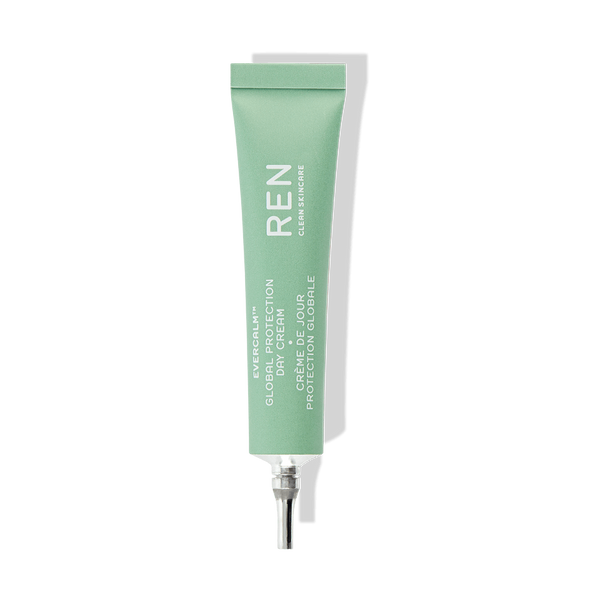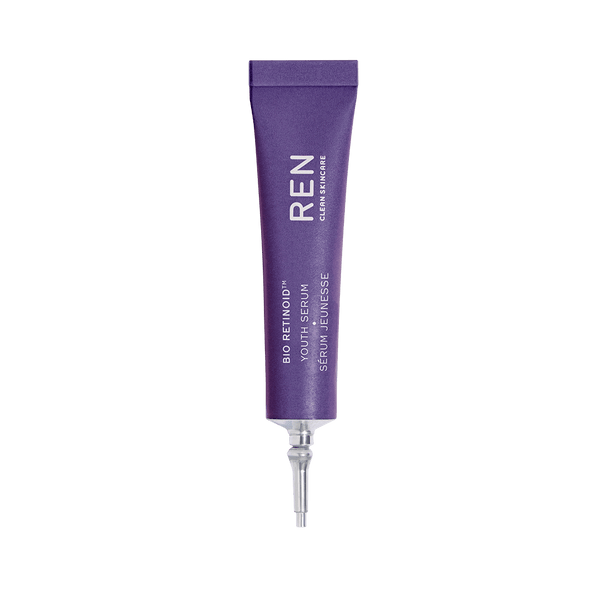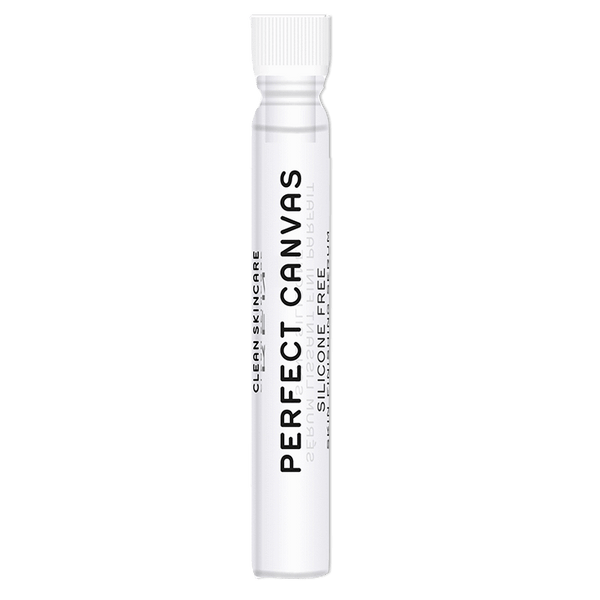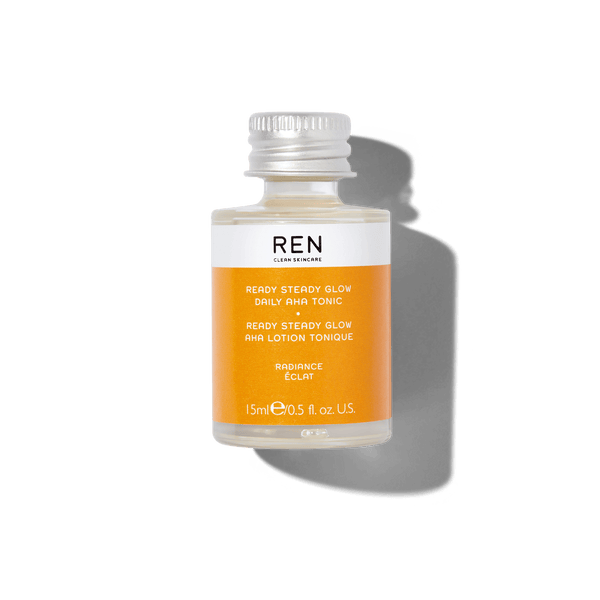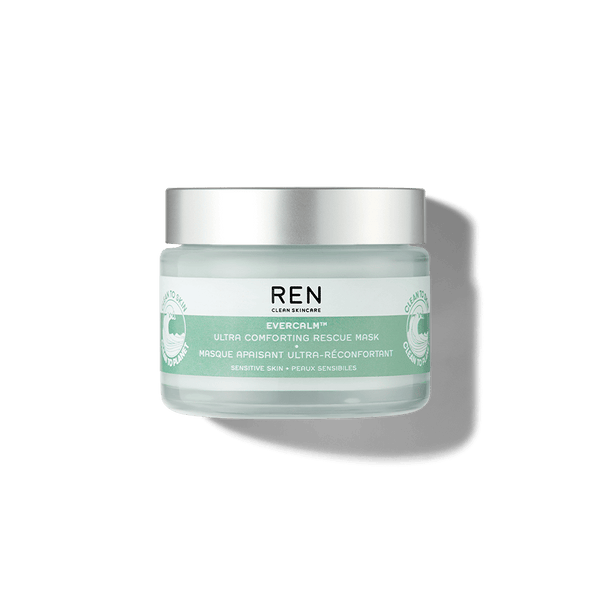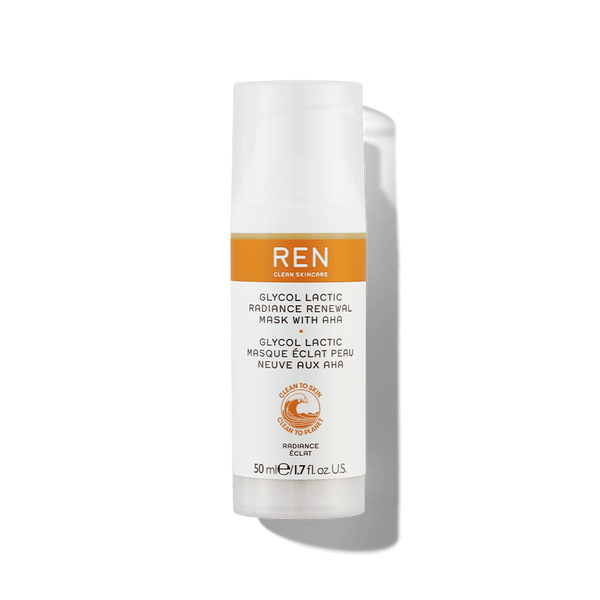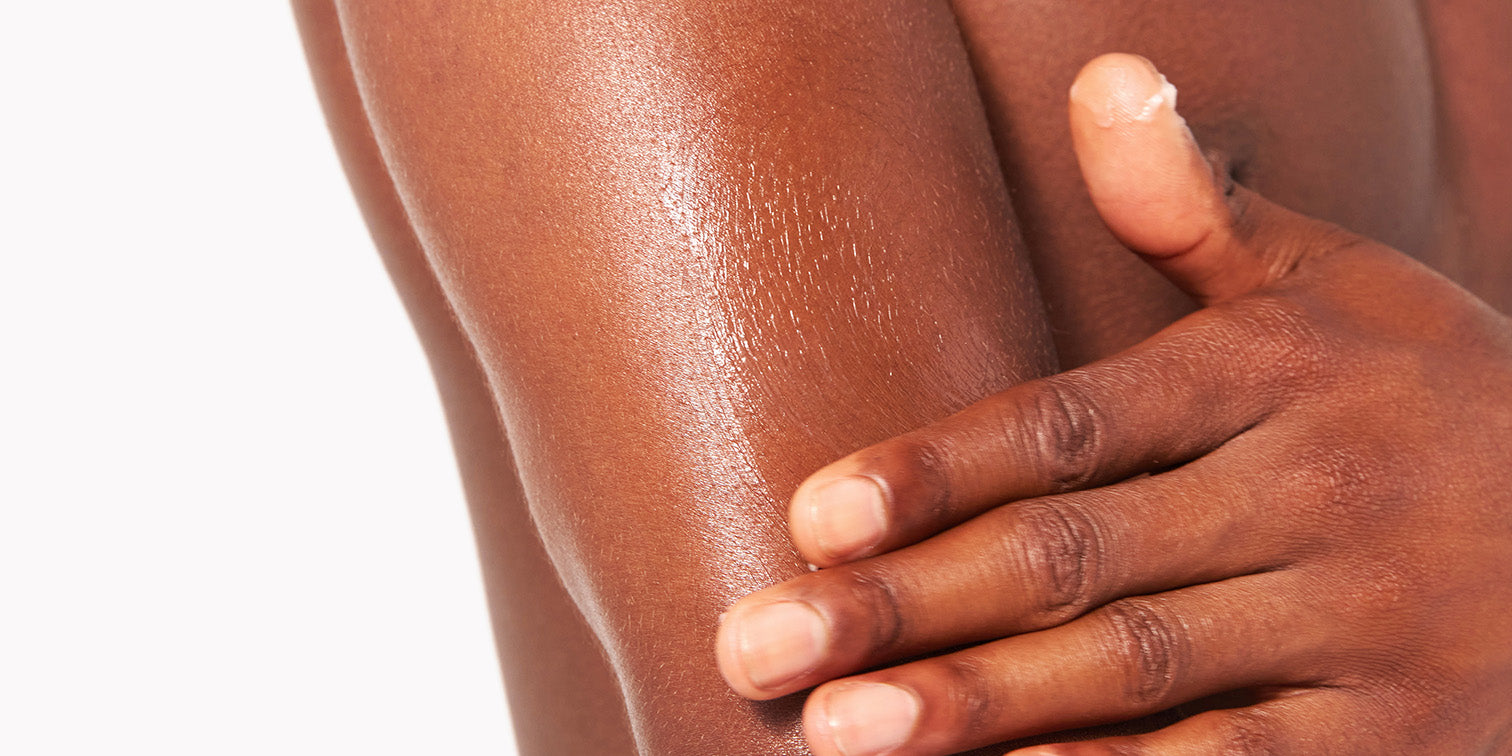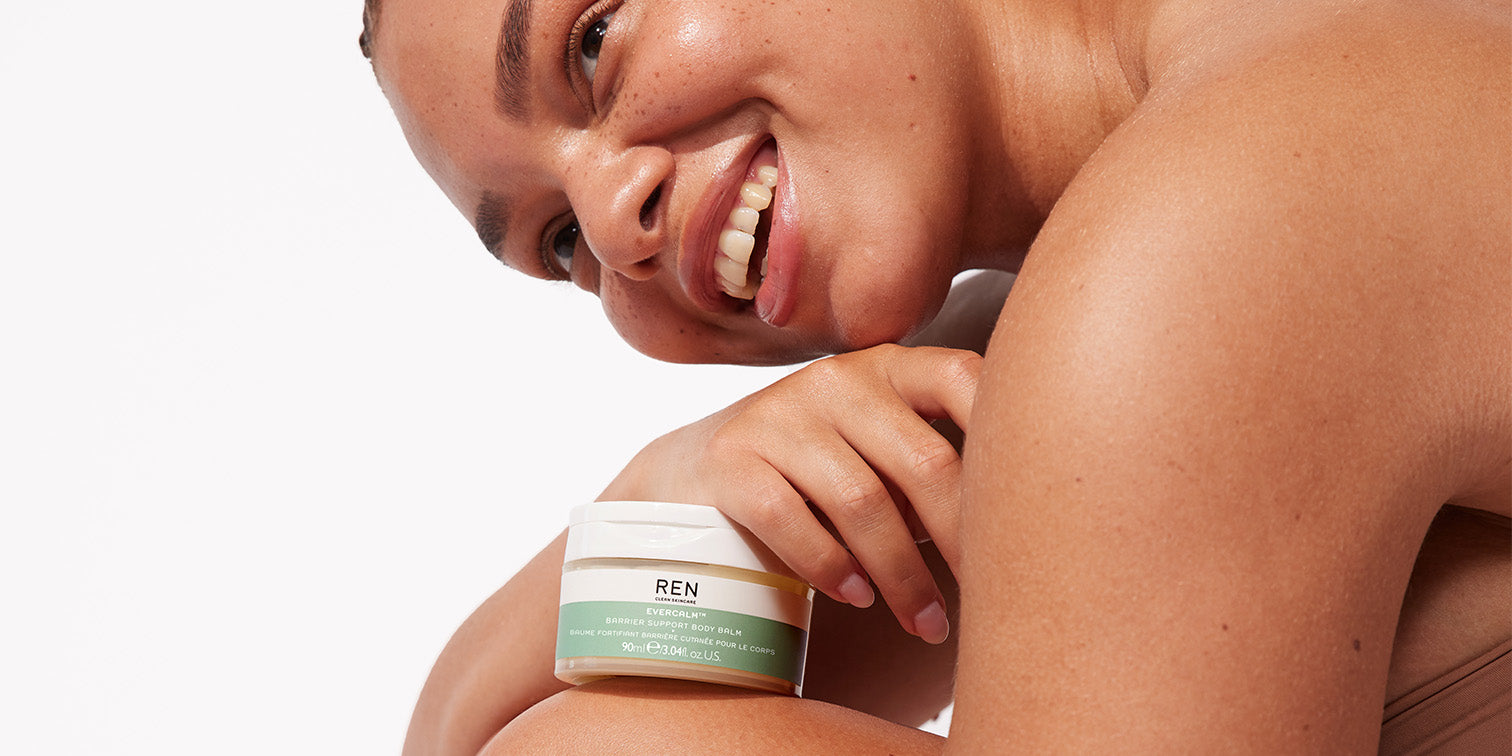How Often Should You Use Retinoids?

Retinoids are a hot skincare ingredient because they can boast incredible results. As with any skincare ingredient, though, retinoids require a bit of trial and error to determine how much and how often you should use them.
Everyone’s skin is different, so you may experience results or side effects more quickly and with more or less useful than your friend or your sister. This is important to keep in mind as we guide you through a recommended retinoid routine, as you may need to tweak it a bit to find the optimal product and usage for you.
By the end of this article, though, you should have a good rule of thumb by which to answer “how often should you use retinoid?” and be ready to take a trial run to determine the right amount for you personally. So for all the retinoid or retinol newbies, here's what you need to know:
What is a Retinoid?
Before you decide which retinoid to use, you should know what it is first so you don’t overuse it. Retinoids are derivatives of Vitamin A and are effective for reducing fine lines and wrinkles, reducing blemish scars and dark spots from sun damage, helps to even skin tone, helps to improve the appearance of a healthier-looking skin texture, and helps smooth skin. In the skincare industry, retinoid is the umbrella term for products with retinoic acid. But for the sake of this article, retinoid refers to products with a higher concentration of retinoic acid, unlike retinol, which has a lower concentration, and tretinoin being the prescription-strength version. When it comes to the retinol vs retinoid debate, there is no right or wrong answer. Rather, you should choose which one suits your skin type.
What is Bio-Retinoid?
Bio-retinoid is not related in any way to vitamin A, but has a retinoid-like effect on the skin that can reduce the appearance of fine lines and wrinkles. It also tends to be gentle on the skin, making it the perfect skin care ingredient to incorporate into your routine if you have sensitive skin. At REN Clean Skincare, we use a plant-derived alternative to retinoid called Bidens Pilosa, which helps to reduce the appearance of fine lines and wrinkles.
How To Choose the Right Retinoid
Retinoids vary in strength, so how often you use them depends on which form of retinoid you use and how much of that retinoid is in the formula. Picking the right one can be confusing because there are different forms of retinoid on the market, whether that be retinoid serum, topical retinoid, prescription retinoid, etc. That being said, the first step to pinpointing the optimal usage is picking the right product for your skin type, and understanding how often to use retinoids.
How Often To Use Retinoids
Whichever retinoid product you choose, developing a routine to ensure you actually use it is key to seeing results. With gentle products, such as those above, that contain plant-derived retinol, you can use retinoids as often as every day. As with any new product, though, allow your skin some time to adjust to using retinoid-containing moisturizers, serums, or oils. You can do this by applying the product every other day or night, and after a week, if your skin is responding well, increase application to every night.
For a nighttime routine that will leave your skin radiating vitality, check out our line of Bio Retinoid products powered by Bidens Pilosa, our plant-derived retinoid alternative.
Start by cleansing your face. Then apply Bio Retinoid™ Youth Serum. This serum combines Ceramides and Niacinamide to help firm, even tone and pigmentation, plump, smooth, and improve elasticity. Massage onto your face, neck and décolleté until fully absorbed.
Follow up with Bio Retinoid™ Youth Concentrate Oil. Just warm five drops of it in the palm of your hand and then apply to your skin by gently patting the oil over your face, neck, and décolleté. In addition to the natural retinoid alternative, this oil features Organic Rosehip Oil and Sea Buckthorn Oil to nourish the skin intensely.
Follow it with one to two pumps of Bio Retinoid™ Youth Cream. Massage it over your face and neck, working in upwards and outwards motions until the cream is fully absorbed. This product also features our natural retinoid alternative, as well as Red Algae extract for an instant visible-lift effect, and Olive Leaf extract to help prevent loss of firmness while better protecting the skin from free radical damage caused by environmental pollution.
Prescription-Strength Retinoids
As we mentioned, retinoids vary in strength, and the stronger forms often require a prescription while those with lower retinoic acid are OTC retinol. Customers prescribed these retinoid products should typically be used less than an over-the-counter retinoid product. If your dermatologist recommends retinoids and prescribes a certain product, you should follow their instructions for application to a T. Because retinoid products that require a prescription are often much higher in strength, it isn’t unlikely for your skin to become red or to peel. Always discuss the potential outcomes of a product with your dermatologist before using it. Apply the product as often as prescribed and stop use and call your dermatologist if you experience any serious side effects.
Once again, if you’re new to retinoids, it may be a good idea to add this ingredient to your skin care routine with a gentle, over-the-counter product firstand see what results it can achieve.
When You Can Expect Results
There’s no sense in incorporating a new ingredient into your skincare routine if it doesn’t deliver results, right? Retinoids are not one of those ingredients. If you use retinoids consistently, you surely will see results, but it doesn’t happen overnight. Here is a good idea for how long you need to use retinoids to see skin changes take effect.
Typically, the stronger the retinoid, the more quickly you will see results, but mild formulas can be just as effective when given the power of time. So, go on, snap some before pictures and watch your fine lines gradually diminish. Your skin becomes gradually firmer and more supple thanks to the power of consistently using retinoids.
About the Author
Camille Poggi is a doctor in Pharmacy (PharmD.) and is passionate about skincare and how the skin works in general. She specializes in the cosmetic industry and worked for renowned companies in France like L’Oréal and Chanel before moving to London. After being a training manager for 4 years, Camille is at ease with explaining how products work in the skin and how to adapt her speech according to the audience.
She joined REN in January 2020 as International Training Manager and moved to the Research & Development team earlier this year to be the new Scientific Education Manager. A tailored-made role where she assesses and leads all technical communication and ensures scientific compliance is always met. She’s also involved in new product development from the earliest stages. Finding a way to create sustainable skincare products and making sure the message is properly delivered and understood is definitely a big challenge but also her favorite part working for REN.


